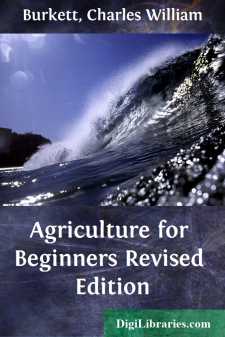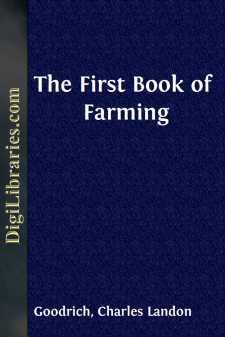Categories
- Antiques & Collectibles 13
- Architecture 36
- Art 48
- Bibles 22
- Biography & Autobiography 815
- Body, Mind & Spirit 144
- Business & Economics 28
- Children's Books 18
- Children's Fiction 14
- Computers 4
- Cooking 94
- Crafts & Hobbies 4
- Drama 346
- Education 58
- Family & Relationships 59
- Fiction 11835
- Games 19
- Gardening 17
- Health & Fitness 34
- History 1378
- House & Home 1
- Humor 147
- Juvenile Fiction 1873
- Juvenile Nonfiction 202
- Language Arts & Disciplines 89
- Law 16
- Literary Collections 686
- Literary Criticism 179
- Mathematics 13
- Medical 41
- Music 40
- Nature 180
- Non-Classifiable 1768
- Performing Arts 7
- Periodicals 1453
- Philosophy 65
- Photography 2
- Poetry 896
- Political Science 203
- Psychology 44
- Reference 154
- Religion 515
- Science 126
- Self-Help 85
- Social Science 83
- Sports & Recreation 34
- Study Aids 3
- Technology & Engineering 60
- Transportation 23
- Travel 463
- True Crime 29
Our website is made possible by displaying online advertisements to our visitors.
Please consider supporting us by disabling your ad blocker.
Agriculture for Beginners Revised Edition
Categories:
Description:
Excerpt
Since its first publication "Agriculture for Beginners" has found a welcome in thousands of schools and homes. Naturally many suggestions as to changes, additions, and other improvements have reached its authors. Naturally, too, the authors have busied themselves in devising methods to add to the effectiveness of the book. Some additions have been made almost every year since the book was published. To embody all these changes and helpful suggestions into a strictly unified volume; to add some further topics and sections; to bring all farm practices up to the ideals of to-day; to include the most recent teaching of scientific investigators—these were the objects sought in the thorough revision which has just been given the book. The authors hope and think that the remaking of the book has added to its usefulness and attractiveness.
They believe now, as they believed before, that there is no line of separation between the science of agriculture and the practical art of agriculture. They are assured by the success of this book that agriculture is eminently a teachable subject. They see no difference between teaching the child the fundamental principles of farming and teaching the same child the fundamental truths of arithmetic, geography, or grammar. They hold that a youth should be trained for the farm just as carefully as he is trained for any other occupation, and that it is unreasonable to expect him to succeed without training.
If they are right in these views, the training must begin in the public schools. This is true for two reasons:
1. It is universally admitted that aptitudes are developed, tastes acquired, and life habits formed during the years that a child is in the public school. Hence, during these important years every child intended for the farm should be taught to know and love nature, should be led to form habits of observation, and should be required to begin a study of those great laws upon which agriculture is based. A training like this goes far toward making his life-work profitable and delightful.
2. Most boys and girls reared on a farm get no educational training except that given in the public schools. If, then, the truths that unlock the doors of nature are not taught in the public schools, nature and nature's laws will always be hid in night to a majority of our bread-winners. They must still in ignorance and hopeless drudgery tear their bread from a reluctant soil.
The authors return hearty thanks to Professor Thomas F. Hunt, University of California; Professor Augustine D. Selby, Ohio Experiment Station; Professor W. F. Massey, horticulturist and agricultural writer; and Professor Franklin Sherman, Jr., State Entomologist of North Carolina, for aid in proofreading and in the preparation of some of the material.












